review of the book
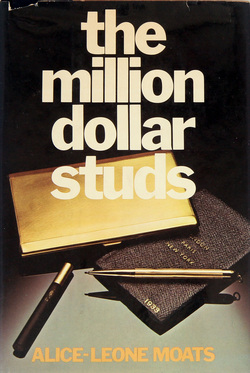
Alice-Leone Moats
“Those who are rich by inheritance tend to be unimaginative about spending money.”
Alice-Leone Moats
“I am the same as thousands of other men who have fallen in love and married. But I’m a monstrosity. Why? Because I have made the mistake of loving and marrying heiresses.”
Porfirio Rubirosa
In the heady days of café society, there was a subset that in hindsight might now be called “Viagra society”—the lust and wealth-driven men who bedded and wedded the wealthy heiresses of the mid-20th Century. We are fortunate that Alice-Leone Moats was there to record their exploits in The Million Dollar Studs. Moats was born into old society but loved intrigue so much that she interacted with the nouveaux riche café society types, and she writes about them here as friends and social acquaintances. She even finds herself a supporting player in the drama, offering advice to Barbara Hutton’s father, overhearing conversations in powder rooms, and attending the debutante balls that placed wealthy heiresses on the marriage market.
The story of The Million Dollar Studs begins with the Russian Revolution, when the Mdivani family fled Georgia with their lives but not their fortune. Not to worry, somewhere along their perilous journey to Paris, they acquired a phony royal title, which they would use to great advantage in their quest to replenish the family coffers. There were five Mdivani siblings: three brothers and two sisters. One of the sisters, Roussie, proved as conniving as her brothers. She stole Jose Maria Sert from her mentor Misia Sert. However, it is the male siblings who became known as the “Marrying Mdivanis” that are profiled here. Among their conquests were leading actresses of the silent film era, whom they bankrupted, and heiresses like Barbara Hutton, Louise van Alen, and Virginia Sinclair.
Serge was terrible with money, but his estate contained a legacy from deceased brother Alexis. Half of that went to Louise upon Serge’s death. In this roundabout manner, Louise saw some of divorce settlement to Alexis returned to her, as well as the small fortune that had been settled upon him by her romantic rival Barbara Hutton. As result of Serge's death, Louise became the sole woman to actually make a profit from marriage to a million dollar stud. In estate negotiations with the surviving Mdivani siblings, she relinquished Serge’s share in real estate worth $4,000 in exchange for shares in the Naphtha Oil Company. Naphtha soon struck oil, adding $6 million to Louise’s already substantial portfolio.
Rubirosa married his way into the Dominican Republic diplomatic corps, offering much more than merely his credentials. Stranded in France during World War II, he didn’t let occupation by the Nazis interfere with his hedonistic lifestyle. As Moats writes, even during wartime, “his only suffering was due to his old nemesis, ennui.” Ultimately, Porfirio married both Doris Duke and Barbara Hutton and carried on an affair with Zsa Zsa Gabor that enthralled the gossip columnists for several years, reaching its apogee when he allegedly gave her a black eye.
FROM THE BOOK
ON PRINCESS ROUSSIE MDIVANI. “Long before the existence of hippies, she dressed in hippie style, but a very elegant Chanel version of it—boots, shiny raincoats, boleros embroidered with colored stones, beanies tuck on the back of her head.”
THE AUTHOR’S UNHEEDED ADVICE TO BARBARA HUTTON’S FATHER. “I recall an argument I had with Frank Hutton just before [Barbara’s] eighteenth birthday. He boasted of having succeed in keeping his daughter in the dark as to her wealth, at which I said, ‘That was criminal. She should have been brought up aware of it and of the duties it would entail.’”
CAFÉ SOCIETY VERSUS THE DECAFFEINATED KIND. “At that time, New York society still existed and was still stratified. The descendants of the early settlers formed the top layer, but they were so conservative, thrifty, reclusive, and exclusive that their activities were too colorless to be worth recording and their names didn’t appear in the papers except as members of charity committees. Next came the descendants of the more swinging members of the Four Hundred, most of whom had country houses on Long Island’s North Shore. When they went to Palm Beach or some other resort, they mingled with the third layer—café society—as well as the Donahues, Huttons, Kennedys and other nouveaux riches, but they treated them like shipboard acquaintances, dropping them when they got back to New York.”
BARBARA HUTTON’S DEBUT IN SOCIETY. “Nothing that Metro-Goldwyn-Mayer produced on the screen in the way of a background for millionaires at play could compare to this ball. It was also one of the best debutante parties ever given. Most of us stayed for a breakfast of scrambled eggs and sausages at eight in the morning.”
A FORMER LOVER’S PRAISE FOR PORFIRIO RUBIROSA’S “CHARM.” “It was never hard and never soft. This permitted him to go on and on and on. It was the secret of his charm. I’ve never known anybody who could last that long.”
ON DORIS DUKE. “The daughter of tobacco magnate James B. Duke, with a tax-free income of close to $4 million a year, was to a collector of wealthy women what a Titian would have been to J.P. Morgan.”
EPILOGUE/FURTHER READING
LOUISE VAN ALEN. Louise remarried and spent the rest of her life out of the spotlight, dividing her time between an estate in Santa Barbara and an apartment in Paris. Read more about Louise Van Alen.
HONEY BERLIN. One of the heiresses Prince David attempted to marry was Honey Johnson. He spirited her away from New York to Venice, but her parents successfully intervened. She then wed Richard E. Berlin, longtime president of the Hearst Corporation. Among their four children was Andy Warhol muse Brigid Berlin. Read more about Honey and Brigid Berlin.
PORFIRIO RUBIROSA. Though Porfirio Rubirosa's memoirs were never published in book form (and according to Alice-Leone Moats, they were tepid at best), there is an excellent profile of him in Thierry Coudert’s lavish coffee table book, Café Society, Socialities, Patrons, and Artists, 1920-1960. However, Courdert is incorrect on one point: Rubirosa did not marry Zsa Zsa Gabor’s sister Eva when his romance with Zsa Zsa ended. Courdert was perhaps thinking of Zsa Zsa's other sister Magda, who married Zsa Zsa's ex-husband, film director George Stevens. Read more about Thierry Coudert's Café Society.

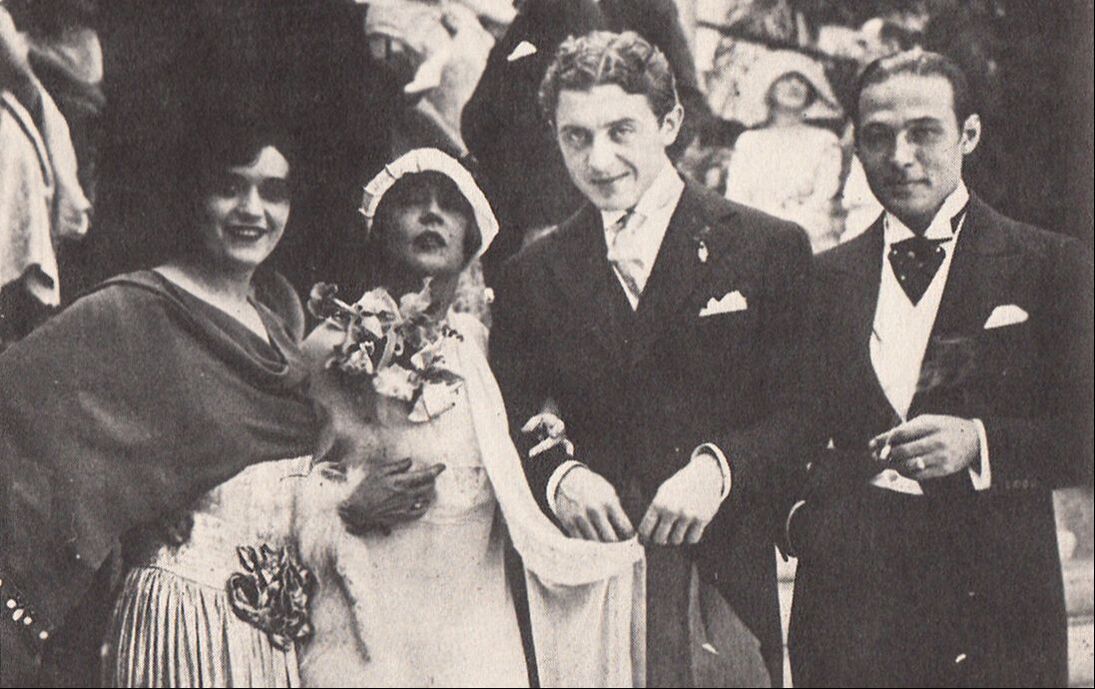
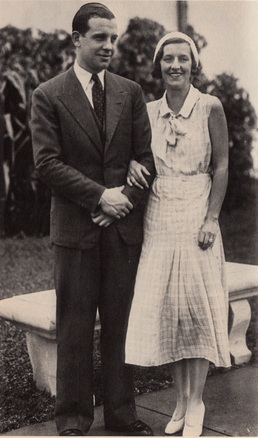
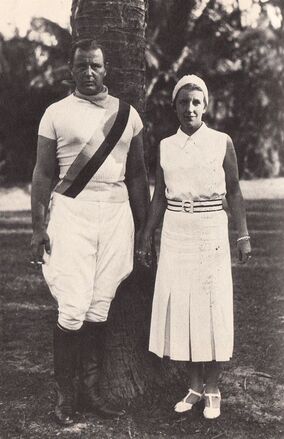
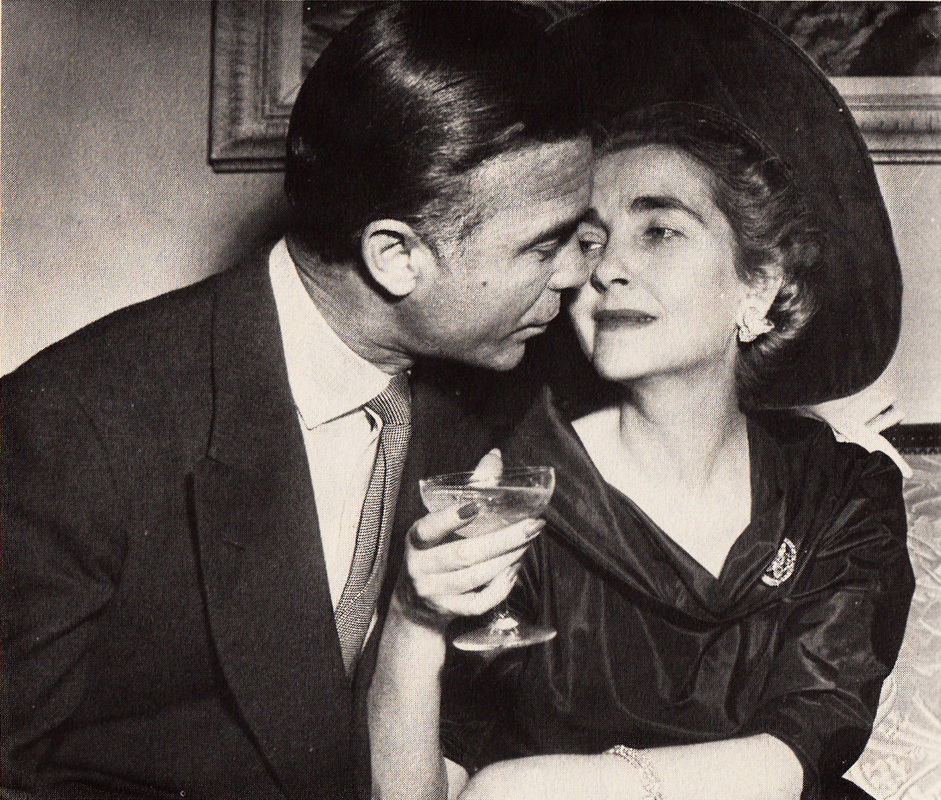

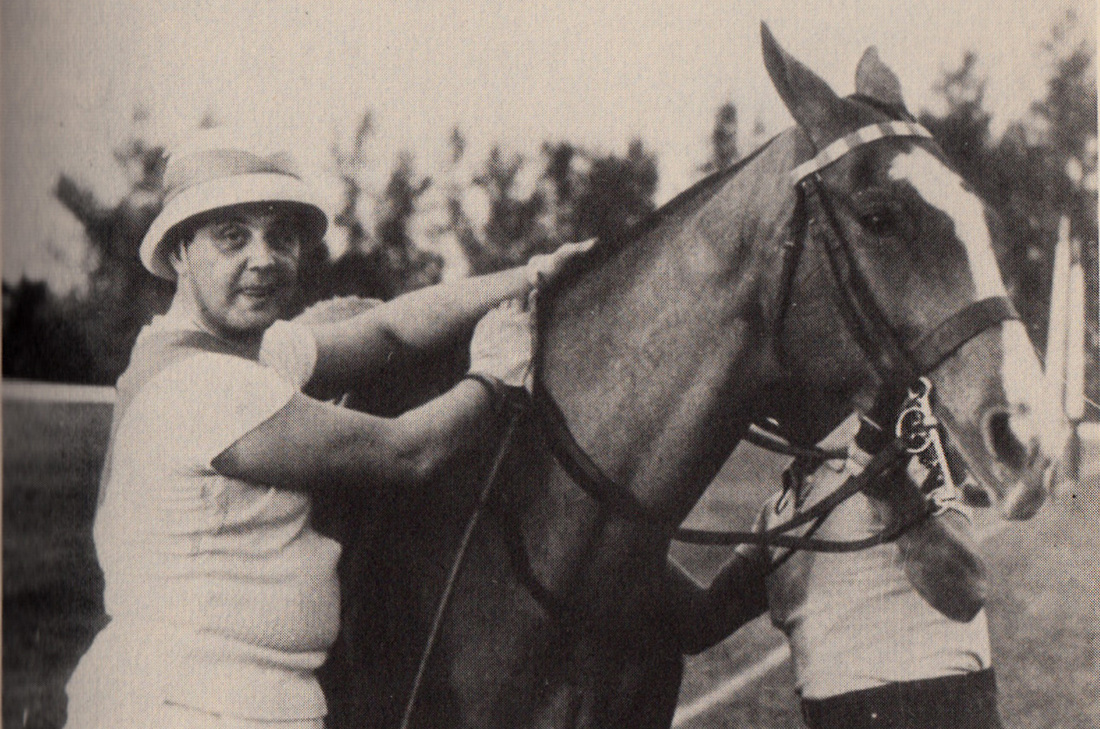
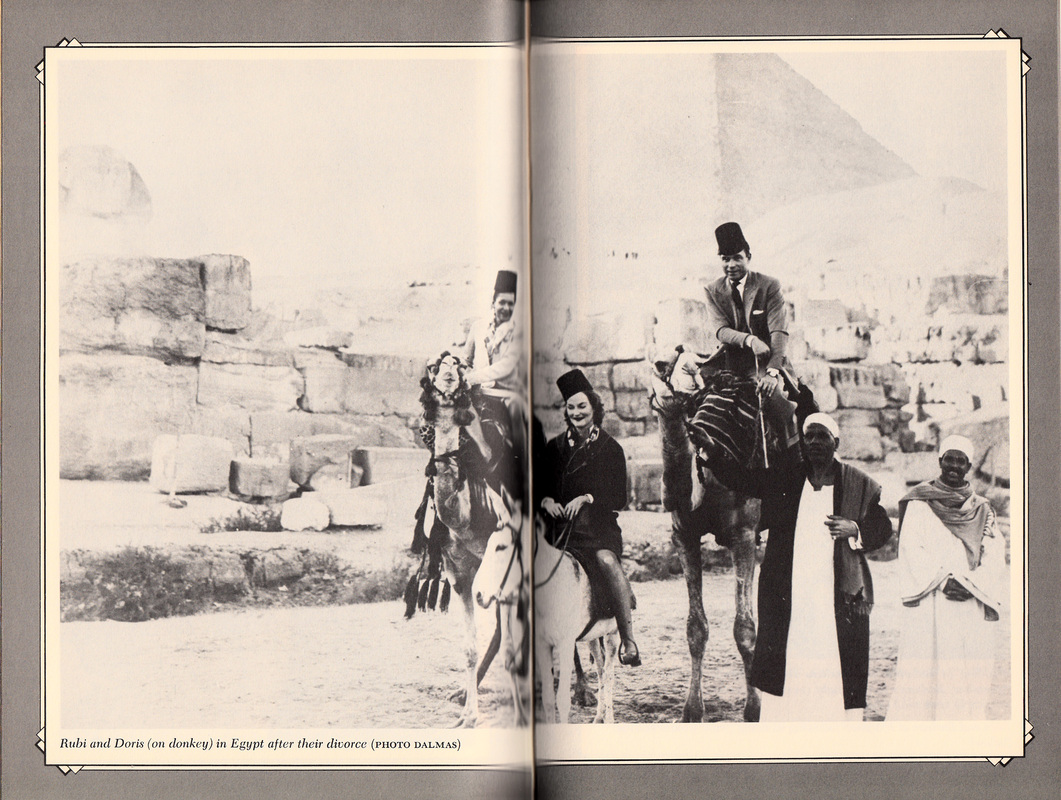
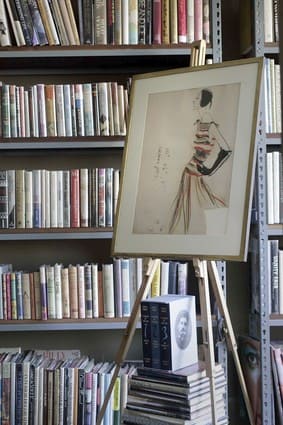
 RSS Feed
RSS Feed